Best Antidepress Ways: Selecting One That's Right for You
Sep 03, 2024 By Martina Wlison
If you have this constant feeling of sadness, hopelessness, and irritability, then you may have clinical depression. This situation is also known as major depressive disorder.
You might not know that countless people around you encounter similar struggles, feelings, and barriers. Showing openness, acceptance, and love towards yourself and your experiences could assist you in dealing with depression.
Some people with depression prefer other approaches to help them manage their condition, while others use medicines to cope with it. Natural treatments and herbal therapies might work well for less severe types of depression.
However, there's insufficient proof to support their use for moderate to severe depression. This article has highlighted one of the best antidepress ways to cope with different forms of depression.
So don't give up. Try these coping strategies and find one that works well for you to feel better!
Antidepressants for Depression
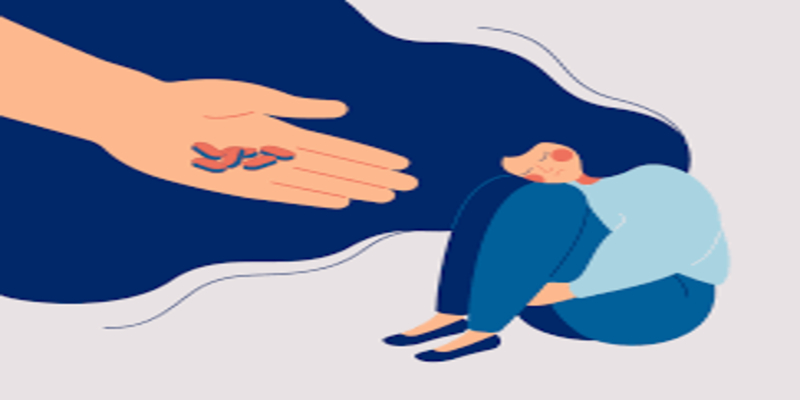
Antidepressants reduce the symptoms of depression by altering the function of brain chemicals known as neurotransmitters. The most commonly used antidepressants are known as selective serotonin reuptake inhibitors (SSRIs), which perform a key role in the brain by boosting serotonin levels.
In the brain, neurons produce and release serotonin for other neurons to take in and transmit relevant chemical signals. Lacking sufficient serotonin, these signals cannot be fully or effectively communicated.
The neurons that release serotonin also absorb it back, which is why SSRIs act to prevent or hinder this absorption. This results in more serotonin remaining in the brain, ensuring signals are properly transmitted.
When used properly, antidepressants won't alter your character. They will assist you in feeling like your usual self and get you back to your prior functioning state.
A lot of therapists say that when their clients start taking antidepressants, it aids them in advancing more in therapy.
Physical Activities
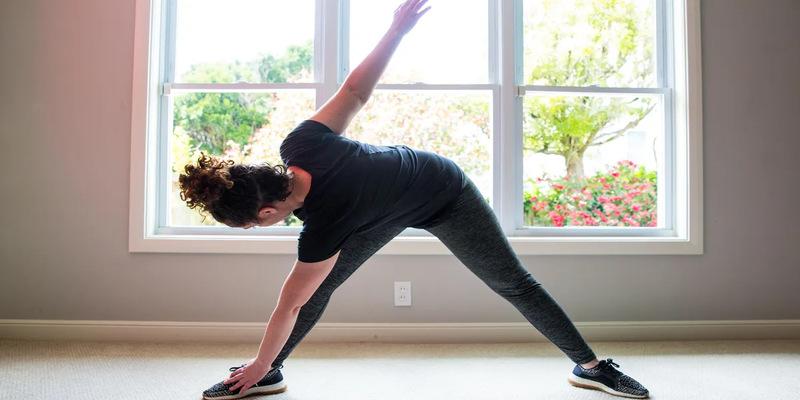
Doing any kind of physical activity while dealing with depression and anxiety is not an easy task. But they can make a big difference once you start doing exercise and meditation.
Exercise is very important for maintaining blood sugar levels, arthritis, and high blood pressure. It lessens the symptoms of depression by releasing happy hormones like endorphins.
Not only this, exercise can also help to improve the nerve cell connections, and ultimately, improved brain function makes the depressed person feel better.
Other than that, some studies have also proved that meditation and yoga help to minimize the effects of depression by self-soothing techniques. These physical activities can improve the activity of a certain brain region called the hippocampus, which regulates mood.
The links between depression, anxiety, and these physical activities aren't entirely clear. However, working out can ease symptoms of depression or anxiety and make you feel better.
Meditation also may help keep depression and anxiety from coming back once you're feeling better.
Alternative Therapy Treatments
An alternative therapy is a medical procedure that uses the technique of lifestyle changes to treat mental illnesses like anxiety and depression.
Although it is not a standard medical practice, it is still very useful in making someone feel better.
Many healing practices are rooted in the mind and body being linked; your physical health and emotional state are deeply interconnected.
The notion is that when your body is at ease, your mind can contribute to improved health, reduced depression, and a greater sense of well-being.
Guided imagery is a method of relaxation that some experts also suggest. Through guided imagery, you imagine serene mental scenes, like ocean waves, or maybe thoughts of managing or healing your illness.
Individuals who use this method report that these positive thoughts can reduce their depression symptoms. Music is often seen as a natural calming agent for the soul.
Music therapy is a beneficial and efficient non-pharmaceutical method for individuals of all ages that may help to eliminate distressing emotions such as fear, anxiety, stress, and sorrow.
Spending Time With Nature

Spending time in nature can have a calming impact on our mental state. It offers a chance to take a mental pause by allowing us to step away from the pressures of daily life.
Additionally, it can enhance our creativity and ability to solve problems.
The natural world often inspires us to engage in activities like walking, biking, hiking, or kayaking more frequently. It's common for individuals to participate in consistent physical exercise when surrounded by nature.
Research indicates that being in natural environments benefits our physical health by decreasing levels of stress hormones, reducing muscle strain, and easing the workload on our heart and blood vessels.
Spending time outdoors may also contribute to a decreased incidence of heart disease.
The natural environment can also aid in increasing vitamin D levels, which is crucial for bone health, blood cell production, and the immune system.
Having regular access to natural areas has been associated with a reduced likelihood of depression and better focus and concentration.
Being outdoors also provides opportunities for social interaction, allowing us to connect with family, friends, or even strangers while enjoying a hike.
Face Your Fears
Fear is a brief reaction when you encounter something new. However, it can also become a daily, enduring issue even if you can't pinpoint its reason.
There are numerous reasons for fear in daily life, and figuring out the exact cause of your fear or the probability of harm can be challenging.
Even if you understand how exaggerated your fear is, your brain's emotional centre continues to signal danger to your body.
Confronting your fears head-on can be a powerful strategy for overcoming this anxiety. Start by setting small, attainable goals to face your fears.
Keeping a list of things that help during moments of fear or anxiety can also be beneficial. This approach can help tackle the deep-seated beliefs that fuel your anxiety.
Conclusion
This article enlists one of the best antidepress ways to reduce the effects of depression and anxiety. Dealing with depression is no joke. If you're experiencing depression, it's important to be kind and understanding towards yourself.
It's comforting to realize you're not by yourself during difficult periods. Practice self-compassion and patience. Healing from depression is a process that requires time.
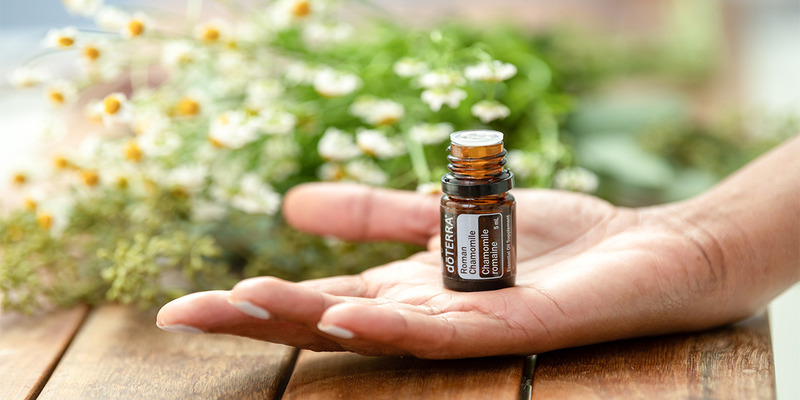
How To Begin Your Race Walking Journey
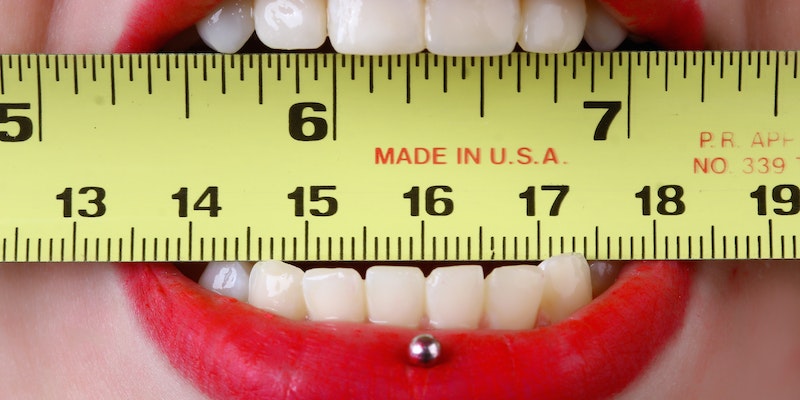
Teeth whitening tips and tricks are all over the internet, and in this article, we have compiled the best ones for you.

Sleep Challenges in Pregnancy: An Overview

Mother's Early Alerts: Could You Be Pregnant?
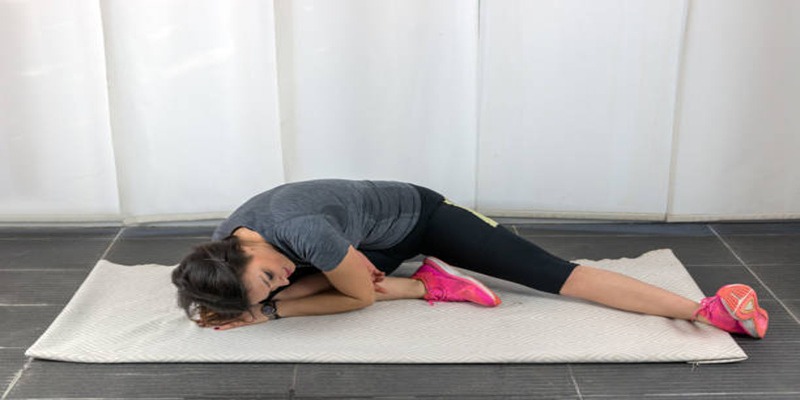
Yoga Positions That Can Help Ease Gas Discomfort And Bloating
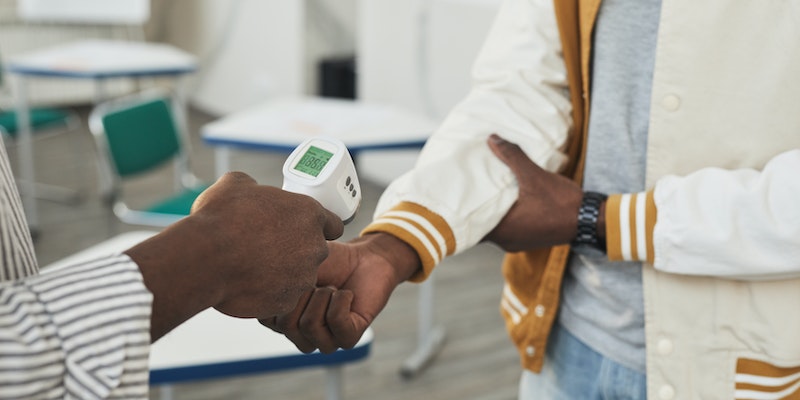
Herpes Unveiled: Understanding the Infection
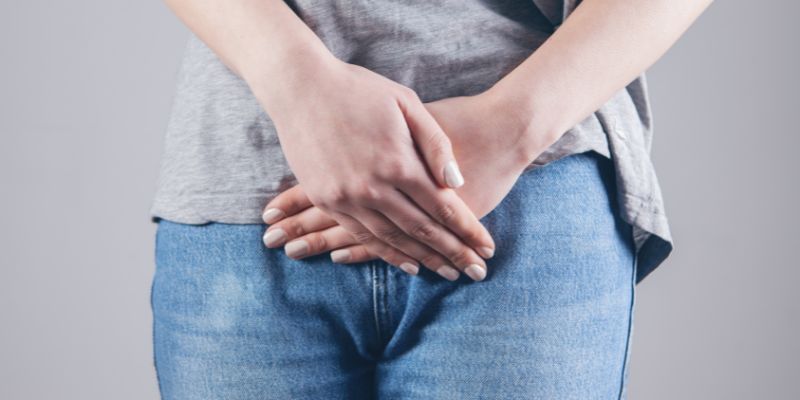
Demystifying Polycystic Ovary Syndrome (PCOS)


